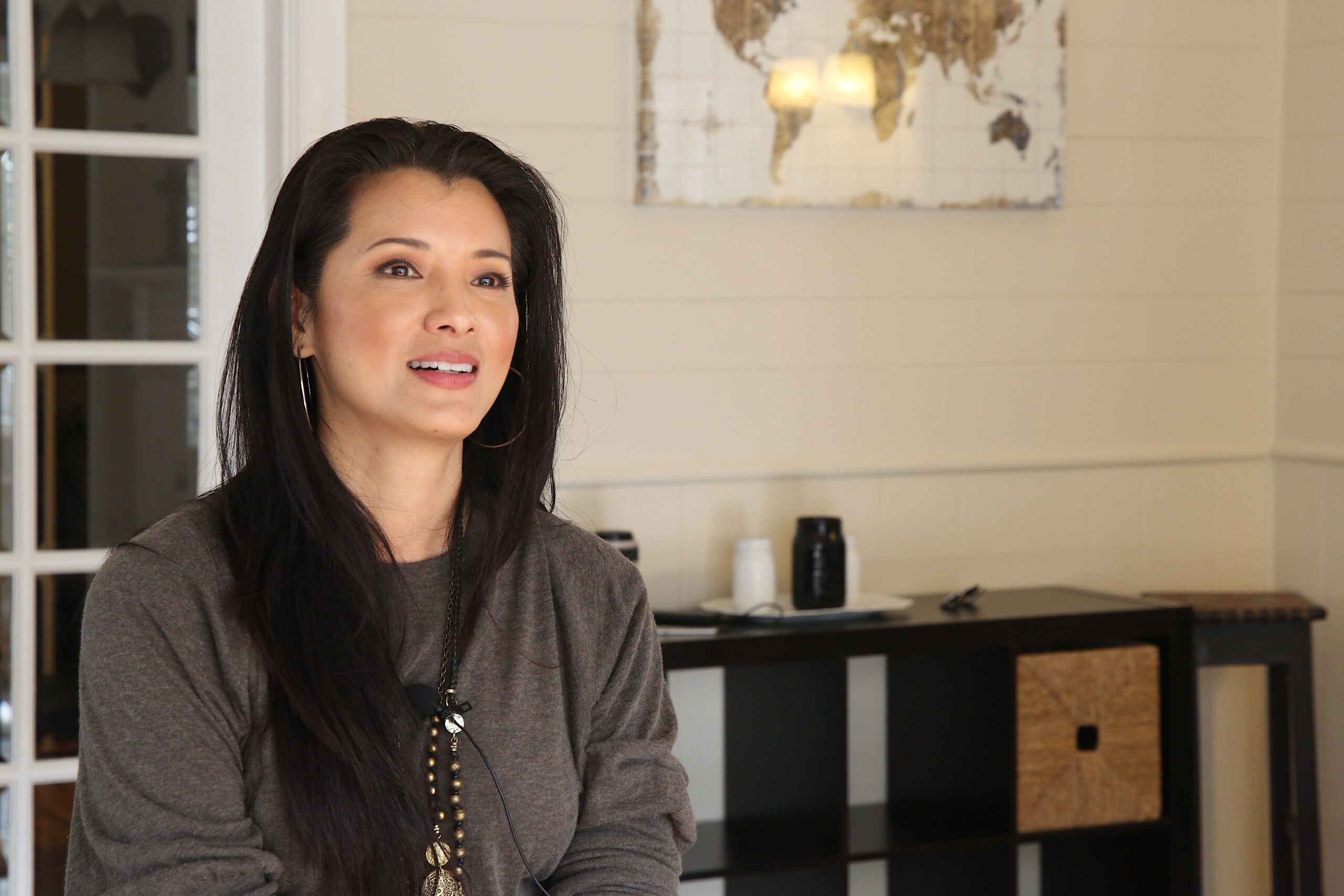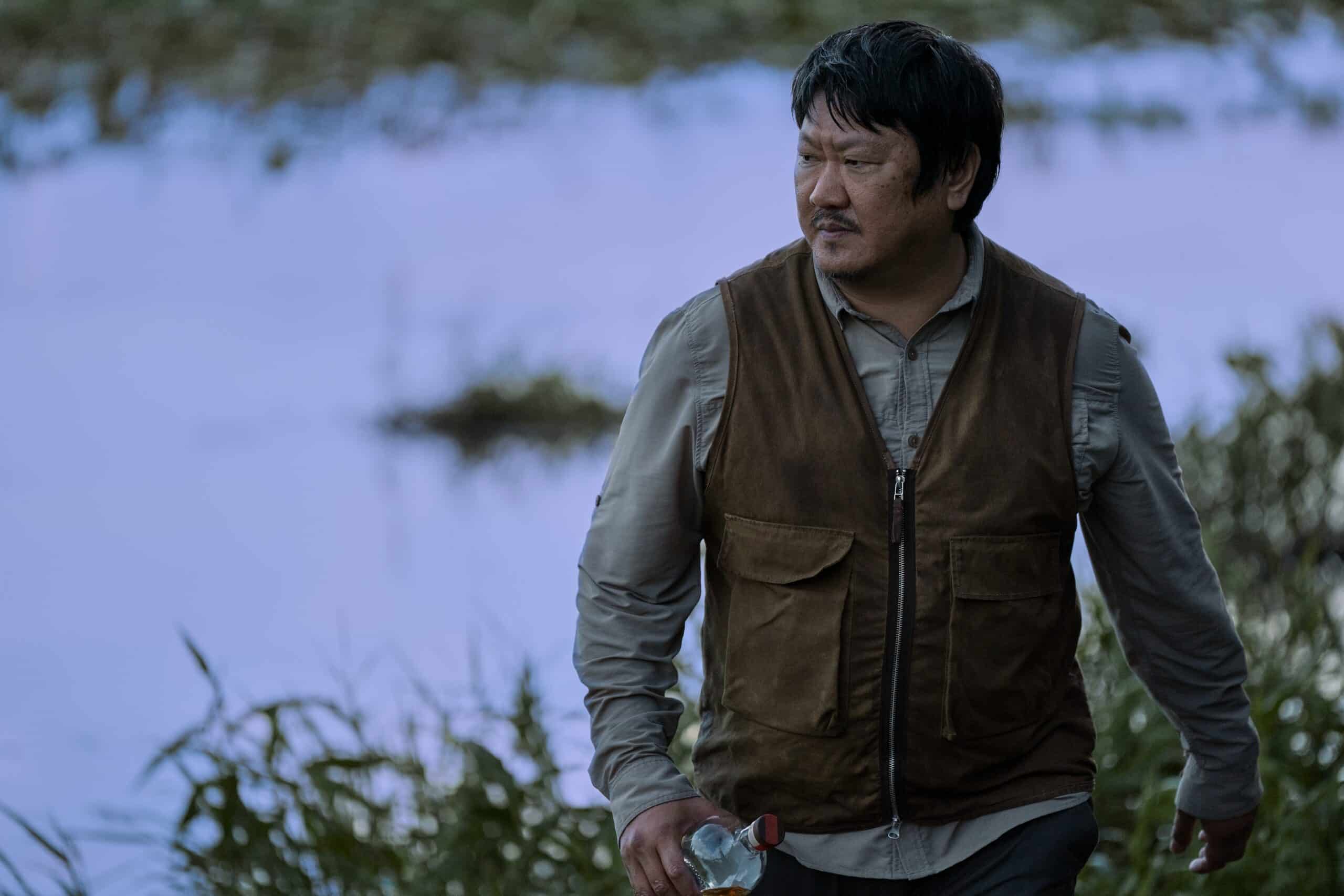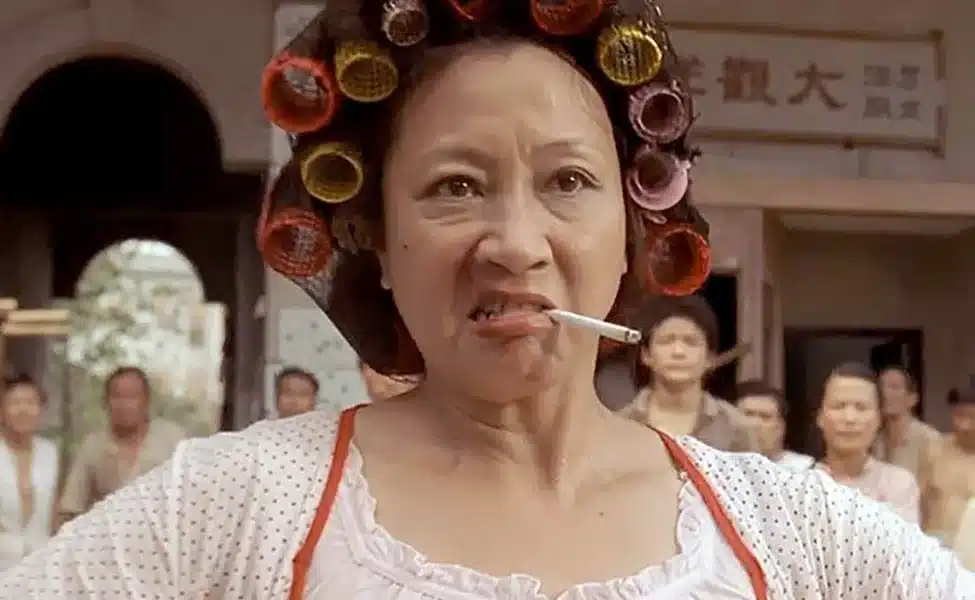Shiori Ito’s Black Box Diaries is not your typical documentary. It’s a raw, intimate, and ultimately empowering film that shatters the silence surrounding sexual assault in Japan. Ito, a journalist turned filmmaker, bravely turns the camera on herself, documenting her own experience with sexual assault and her relentless pursuit of justice.
The film begins with a chilling scene captured on CCTV: a young Ito being dragged, incapacitated, into a hotel by Noriyuki Yamaguchi, a powerful journalist with close ties to Japan’s then-Prime Minister Shinzo Abe. This stark image sets the stage for a harrowing journey through a legal system that seems designed to protect perpetrators and silence victims.

“I wanted to make a documentary from the perspective of a survivor,” Ito shares, her voice reflecting a quiet determination. “I felt there was something missing—the real voice of the survivor. That’s something I wanted to bring to the screen.”
And bring it she does. Black Box Diaries is a masterclass in vulnerability. Ito doesn’t shy away from sharing her emotional turmoil, her doubts, and her fears. We witness her grapple with the aftermath of the assault, the invasive questioning by police, and the relentless victim-blaming from both the media and the public.
Read more: ‘Black Box Diaries’ Review: Shiori Ito’s Fight for Justice
“Initially, I didn’t know how much emotion to include,” Ito admits. “It’s a documentary, and I wanted to be careful with such a sensitive topic.” But ultimately, she realized that her vulnerability was her strength. “I tried to treat the footage as if I were telling someone else’s story,” she explains, “but it was still emotionally draining.”
The film is not just a personal account of trauma; it’s also a meticulous investigation into the systemic failures that allow sexual violence to flourish. Ito, drawing on her journalistic background, meticulously documents her interactions with police, lawyers, and politicians, exposing the deeply entrenched biases and archaic laws that hinder justice for survivors.

“The hardest part right now is distribution,” Ito reveals, highlighting the ongoing challenges she faces. “This is still a sensitive topic in Japan, and I had to prepare myself for backlash.” But despite the resistance, Ito remains steadfast in her mission to break the silence.
Ito’s courage has had a profound impact. In Japan, 96% of sexual assault cases are unreported. Her case sparked legal reforms in Japan and fueled the country’s #MeToo movement, empowering countless others to come forward with their own stories. “I don’t want to take all the credit,” she says humbly, “but I do feel proud that I’ve done my job as a journalist and storyteller.”
Black Box Diaries is a reminder that even in the face of overwhelming adversity, one person’s voice can make a difference. As Ito eloquently puts it, “You can tell your own story. You don’t have to let others tell your story for you.” Her film is about the power of owning your story, and a beacon of hope for survivors around the world.








